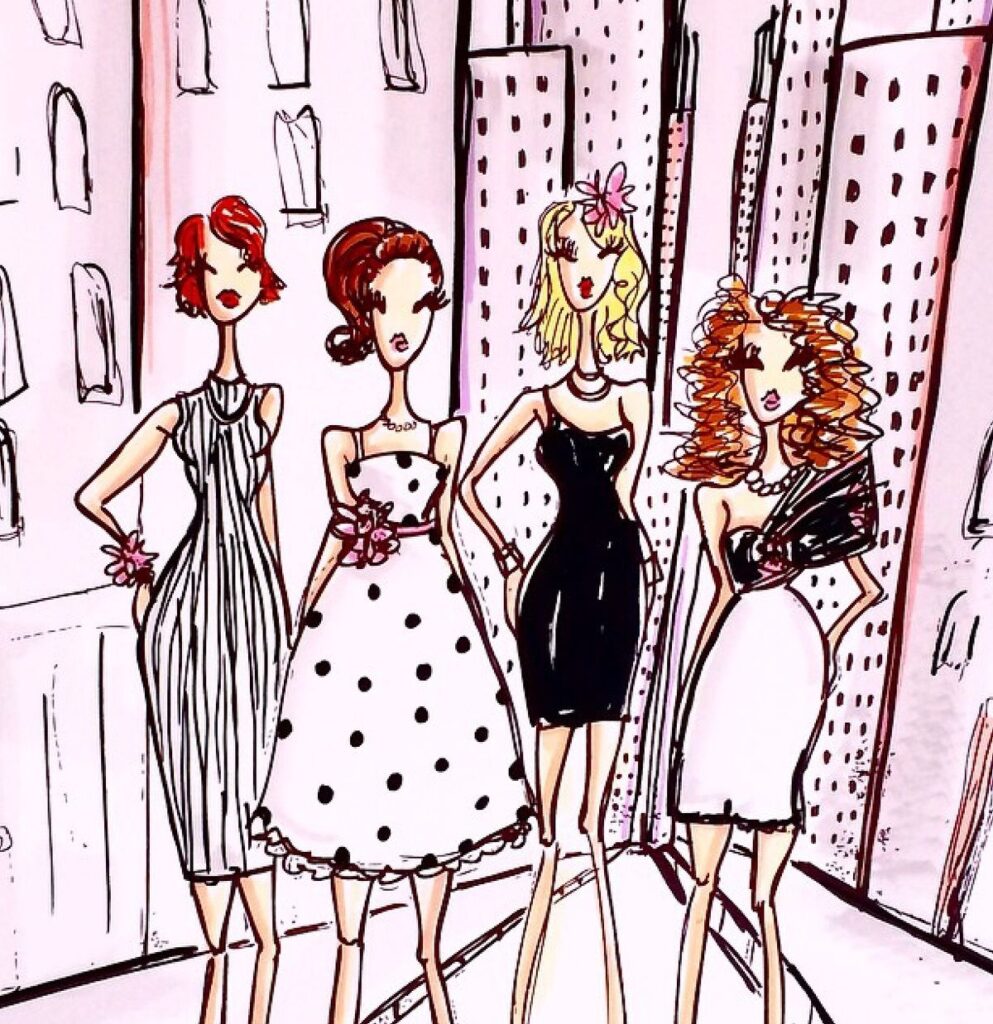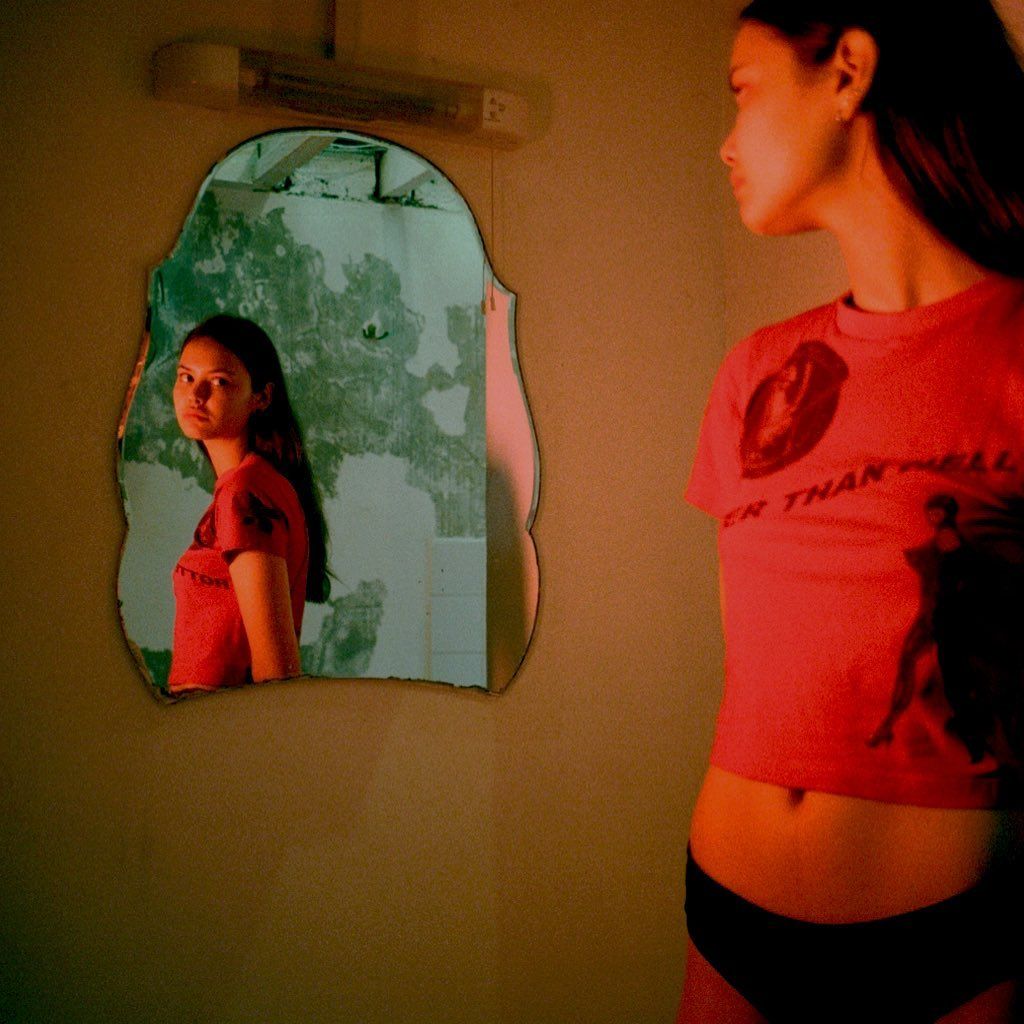We don’t care how or why you know who Mia Khalifa is but by now, everyone knows who she is. The ex-adult film star turned OnlyFans girl recently sat down with The New York Times for a candid interview where she not only discusses her untraditional career path but the scandals she’s been a part of along the way as she attempts to redefine herself as an internet activist.

In her interview, Khalifa reveals the complexities of her journey, shedding light on the often harsh realities of the adult film industry. She candidly addresses the stigma that still clings to her name, a burden she carries as she strives to reshape her public persona.
Something many don’t know is that Khalifa was actually only in the adult film industry for a few months though it was her original claim to fame. This conversation delves deep into the emotional toll of her past choices, as Khalifa reflects on the lack of control she felt during her time in the industry, emphasizing the exploitation that many performers experience.
What’s particularly shocking about Khalifa is not just the nature of her content but her transformation from a controversial figure to a social media influencer, advocating for mental health, personal empowerment and Palestinian freedom. Khalifa discusses her attempts to use her platform for positive change. She discusses her “brand” with interviewer Daivd Marchese:
“Where I am now mentally, emotionally, on every level, is a complete 180 from who I was. That’s my brand: evolution.”
Mia Khalifa
As a Lebanese woman in a predominantly Western industry, she speaks openly about the challenges she faced, including the cultural backlash and the appropriation of her image in the adult film business that ruined her reputation, when she was asked to wear a hijab. Her experiences highlight the broader issues of representation and the complexities of being in the public eye, particularly for women of color.

Throughout the interview, Khalifa touches on the often-volatile relationship between social media and identity. She acknowledges how the very platforms that contributed to her initial fame also perpetuate a cycle of scrutiny and misogyny. To Khalifa, her content is hers,
“Just because I look a certain way in a bikini does not necessarily mean it’s not for the girls.”
Mia Khalifa
Her reflections encourage a broader dialogue about accountability, personal choice, and the lasting effects of public perception.
On the topic of accountability, Khalifa was confronted about her controversial tweets on Oct. 7 that were conveyed as celebrating the brutal deaths and kidnappings of Israeli citizens. In her responses to the questions revolving around this incident, Khalifa didn’t give a straightforward answer or show much remorse for how her tweets were interpreted.
Rather Khalifa looks at this situation as a misunderstanding and boils it down to overall being a distraction to the greater issue at hand, the war itself. She did include that she apologized to the people close to her who were “deeply hurt,” she says.

This interview was an eye-opening look into the duality of power in the internet age as we give it to influencers while simultaneously leveraging our own power as consumers over them. Read the interview yourself and tell us your takes @VALLEYmag on all social media!





